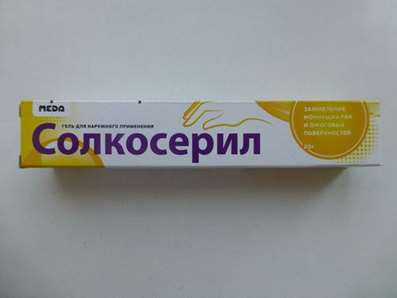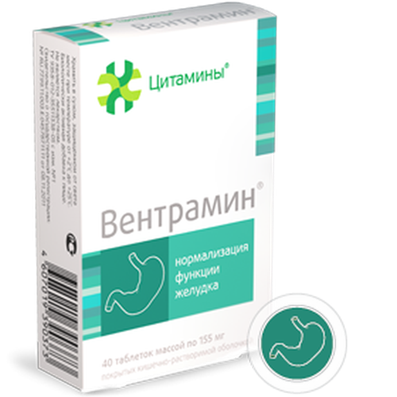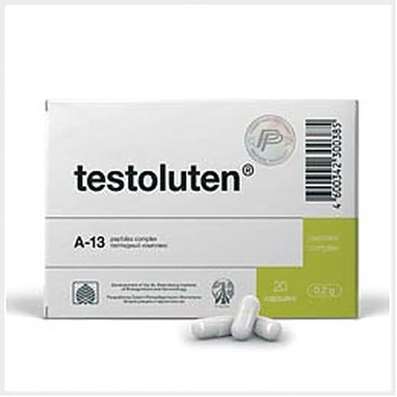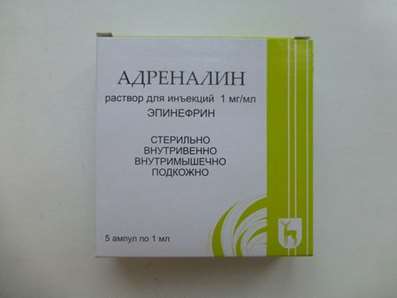Instruction for use: Piribedil
I want this, give me price
The Latin name of the substance Piribedil
Piribedilum (genus. Piribedili)
Chemical name
2- [4- (1,3-Benzodioxol-5-ylmethyl) -1-piperazinyl] pyrimidine (and as monomethanesulfonate)
Gross Formula
C16H18N4O2
Pharmacological groups:
Dopaminomimetics
Anti-Parkinsonics
The nosological classification (ICD-10)
F06.7 Mild cognitive impairment: Cognitive impairment in degenerative and cerebrovascular diseases of the brain; Cognitive impairment in neurotic disorders; Cognitive impairment; Cognitive disorders; Cognitive Disorder
G20 Parkinson's disease: A trembling paralysis; Idiopathic Parkinsonism; Parkinson's disease; Symptomatic Parkinsonism
H53.4 Defects of the visual field: narrowing of the field of view; Scotoma
H54.2 Low vision of both eyes: Age-related changes in visual acuity; Low vision; Decreased visual acuity; Visual Function Disorders
I70.2 Atherosclerosis of arteries: arteriosclerosis obliterans; Arteriosclerosis peripheral arteries; Atherosclerosis of the arteries of the lower extremities; Atherosclerosis of peripheral arteries; Atherosclerosis limbs; Occlusive disease of the lower extremities; arteriosclerosis obliterans; Arteriosclerosis obliterans of lower limb arteries; Atherosclerosis obliterans of the upper limbs; Arteriosclerosis obliterans of lower extremities; Atherosclerosis of arteries; limb arteriopathy; Arteriosclerosis obliterans limbs; arteriosclerosis obliterans
I73.8 Other specified peripheral vascular disease: Syndrome of intermittent claudication; endarteritis obliterans; acrocyanosis; vasoconstriction; occlusive disease; Intermittent claudication; Disorders of vascular innervation; Spasm of peripheral arteries; Arterial angiopathy; Venous insufficiency and its complications; Spasm of peripheral vessels; The spasm of coronary vessels; endarteritis; cooling stop; Occlusal disorders of peripheral circulation; Peripheral vascular occlusion
R41.3.0 * Reduced memory: memory loss; memory impairment; The weakening of memory; memory impairment; Forgetfulness; Violation memory; Memory impairment in elderly patients; memory impairment; Memory impairment in relation to recent events
R41.8.0 * Disorders intellectual mnesticheskie: Secondary violations mnemonic functions; Difficulty concentrating; The difficulty of mental activity; Intellectual impairment; Intellectual-mental breach; Intellectual-mental disorder; psychic infantilism; Cognitive impairment; Violation of intellectual; Violation of mnemonic functions; Violation of intellectual activity; Violation of thinking; Violation of mental capacity; Violations of intellectual functions; Violations of thinking; Weakening intellectual productivity; Backlog of mental development; Primary disorders mnemonic functions; Lowering the intellectual productivity; Lowering the intellectual-mental functions; distraction; thought disorder; thought disorder; The decline of intellectual efficiency; Reduced intellectual-mental functions; Reducing the intellectual capacity; The decline of mental abilities; The decline of mental abilities in the elderly; The decline of mental function; The decline of mental function; Reduced memory in old age; Reduced mental activity; Reduced intellectual level; The deterioration of intellectual-mental functions; Chronic disorders of mental capacity
R54 Age-related disease: External signs of aging; Age-related eye disease; Age-related visual impairment; Age-related vascular disease; Age constipation; Age-related changes in visual acuity; Age-related changes in the brain involutional; Age-related disorders; Age-related hearing loss; gerontological practice; senile dementia; Deficiency of calcium and vitamin D3 in the elderly; cerebral vascular disease and age-related; involutionary depression; involutional depression; Correction of metabolism in middle and old age; Malnutrition in elderly and senile age.; senile dementia; senile dementia; senile depression; senile colpites; senile psychosis; Syndrome of age involution; Hearing loss age; Aging; Brain Aging; The aging of the organism; senile dementia; senium; Senile involutional psychosis; senile psychosis; Memory impairment in elderly patients; Conduct disorders in the elderly
CAS Code
3605-01-4
Pharmacology
The pharmacological action is Antiparkinsonian, dopaminomimetic.
Is an agonist of dopamine receptors. Stimulates dopamine receptors in the central nervous system, mainly in the nuclei of the extrapyramidal system. Increases the blood supply to brain tissue, oxygen consumption, improves brain metabolism. Stimulates the transmission of nerve impulses, increases the electrical activity of the neurons of the cortex (both during the waking period and during sleep). Excites peripheral dopamine receptors in the smooth muscles of the vessels and has a vasodilating effect.
Quickly absorbed from the digestive tract. Cmax is achieved after 1 h, binding to plasma proteins is low. Biotransformed in the body with the formation of two major metabolites. T1 / 2 in the α-phase is 1.7 h, in the β-phase - 6.9 h. It is excreted mainly by the kidneys (68% in the form of metabolites) and bile (25%). After 24 hours with urine, about 50% of the drug is withdrawn, in 48% - 100%.
Application of substance Piribedil
As an additional symptomatic therapy for chronic impairment of cognitive functions and neurosensory deficit in the course of aging (including attention and memory disorders); Parkinson's disease (in the form of monotherapy - in forms predominantly accompanied by tremor, or as part of combined therapy with levodopa - both at the initial and later stages of the disease, especially in forms involving tremor); As an auxiliary symptomatic therapy for intermittent claudication due to obliterating diseases of arteries of the lower extremities (stage II according to the classification of Lerish and Fontaine); Therapy of symptoms of ophthalmic diseases of ischemic origin (including reduction of visual acuity, narrowing of the field of view, decrease in contrast of colors).
Contraindications
Hypersensitivity, arterial hypotension, collapse, myocardial infarction (acute phase), joint administration with neuroleptics with pronounced antipsychotic properties (except for clozapine), pregnancy, breast-feeding.
Application in pregnancy and lactation
Contraindicated in pregnancy (adequate and well-controlled studies on use during pregnancy have not been conducted) and during lactation.
The FDA action category for fetus is not defined.
Side effects of the substance Piribedil
Anxiety, agitation, drowsiness, mental disorders; Orthostatic hypotension; Nausea, vomiting, flatulence.
Interaction
Dopamine antagonists, incl. Neuroleptics (phenothiazines, butyrophenones, thioxanthenes) and metoclopramide, can reduce the effectiveness (mutually). There is a mutual antagonism between pyribedil and antiemetic drugs of the group of dopamine antagonists (joint ingestion of pyribedil and antiemetic drugs of the group of central dopamine antagonists is not recommended due to the risk of mutual loss of efficacy).
Overdose
Symptoms: vomiting.
Treatment: gastric lavage, symptomatic therapy.
Routes of administration
Inside.
Precautions for the substance Piribedil
If neuroleptics are necessary in patients with Parkinson's disease who are receiving pyribedil, the dose should be reduced gradually until complete elimination. Sudden abolition of pyribedil can cause malignant neuroleptic syndrome.
If there is a digestive disorder caused by taking piribedil, it is possible to prescribe antiemetic drugs acting on peripheral dopamine receptors (domperidone).
If there is a state of severe drowsiness (up to a sudden falling asleep) on the background of taking piribedil, you should consider lowering the dose or canceling the drug.

 Cart
Cart





